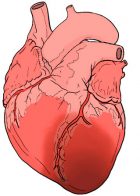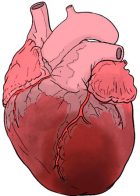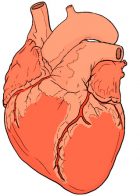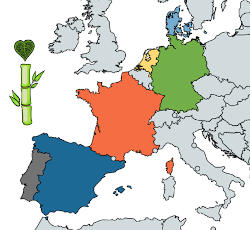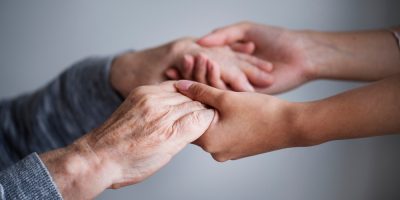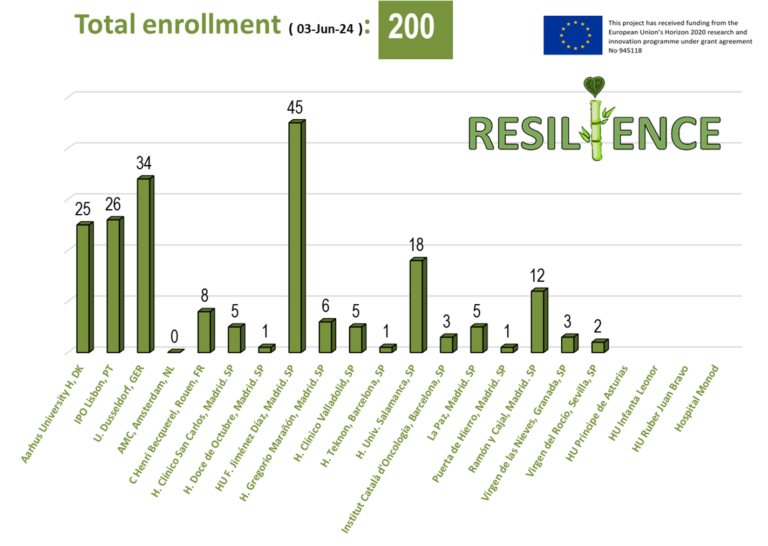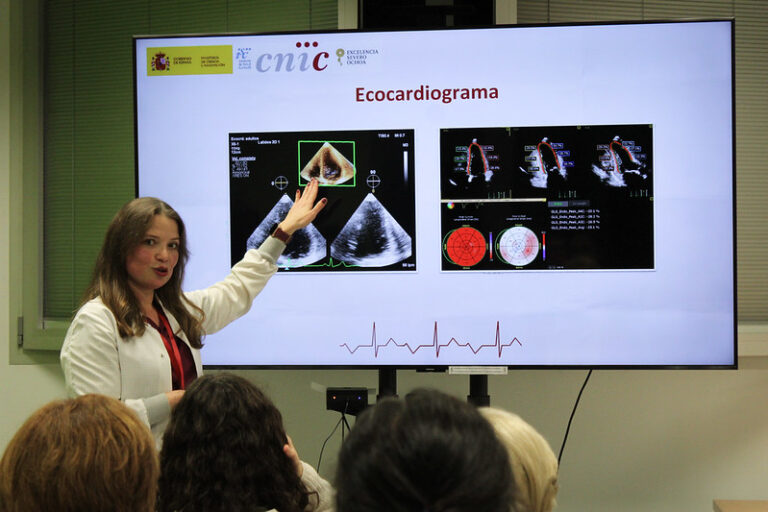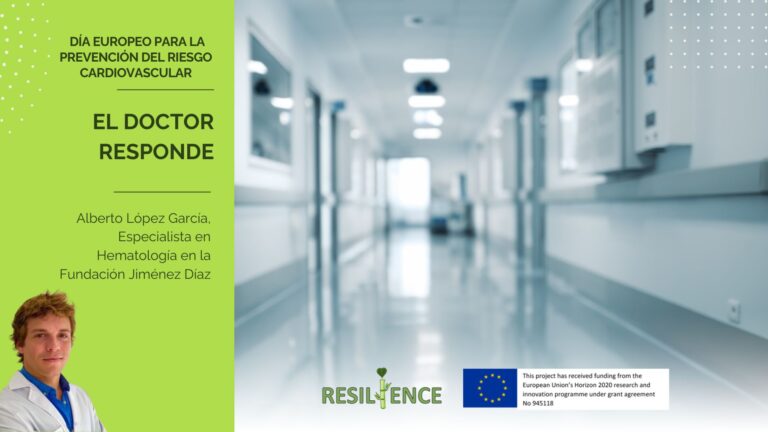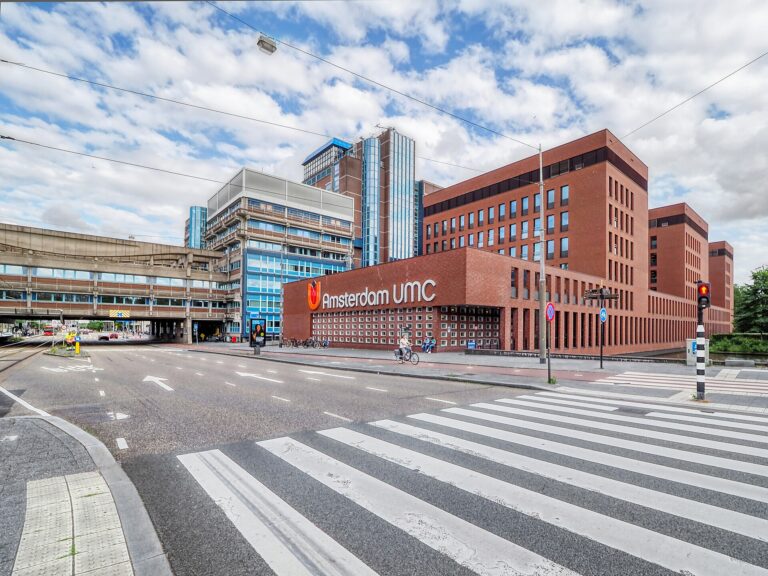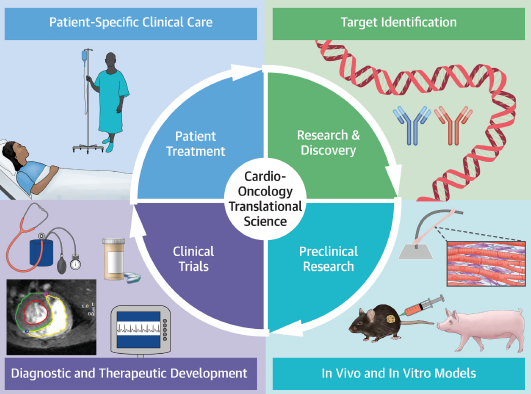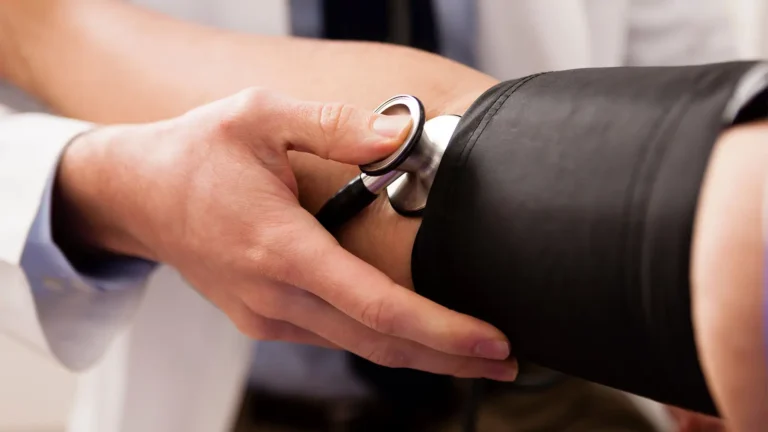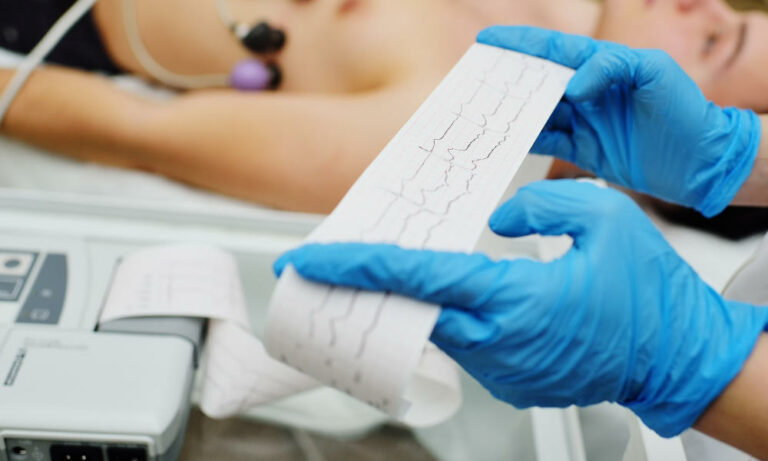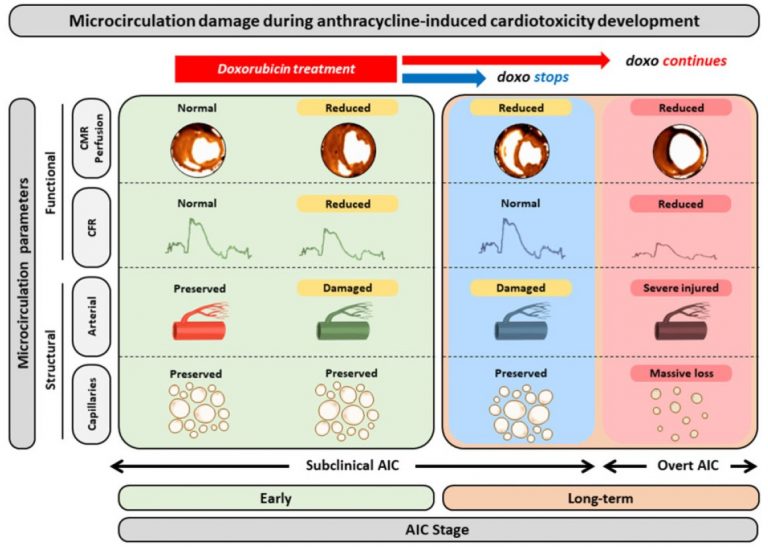Healthy lifestyle habits are crucial to prevent cancer, but also to cope with cancer treatment and to recover physically and emotionally once the disease has been cured.
Nowadays we often hear the word cancer, since the increase in life expectancy and the improvement in the early detection of this disease mean that today this pathology is identified to a greater extent than a few years ago. In general, the knowledge we have about it is increasing.
Science has revealed the close relationship between the development of cancer and lifestyle, so taking care of this aspect can be essential when it comes to preventing it. In addition to this, people who are undergoing treatment or who have already gone through this disease can also benefit from a healthy lifestyle, as it favors their well-being and recovery. In this blog post we will discuss some interesting guidelines related to lifestyle both at a preventive level and during and after cancer.
Healthy lifestyle habits for cancer prevention
Preventing a significant number of types of cancer is possible if we follow some basic measures related to our lifestyle. In general, we can highlight guidelines such as the following:
- Keep physically active, avoiding a sedentary lifestyle.
- Eating a diet rich in whole grains, fruits, vegetables and legumes.
- Limit consumption of fast food and processed foods rich in fat, starch and sugars.
- Do not eat too much red meat and cold meats.
- Avoid alcohol consumption.
- In the case of women who have just had children, it is recommended to breastfeed whenever possible.
Healthy lifestyle habits during cancer
Following healthy lifestyle habits during the illness is also crucial to recover physically and emotionally. Here are some of the most important ones:
- Exercise. The oncology patient should maintain his or her usual routine and do some exercise as long as it is not contraindicated. Staying active helps reduce the side effects of treatment, increases appetite, relaxes and provides well-being.
- Alcohol. Alcohol consumption is not recommended during treatment.
- Nutrition. In general, there are no forbidden foods unless otherwise indicated by the physician. It is important that the patient can eat what he/she likes in small quantities and several times a day, since the most important thing is to maintain an adequate body mass index and avoid weight loss.
Healthy living habits after cancer
When a person has fallen ill with cancer and has undergone medical treatment, healthy lifestyle habits will be essential so that they can regain their strength once they have been cured. In this sense, the guidelines are not far from those already mentioned for the general population:
- Diet based on low-fat and unprocessed foods: vegetables, fruit, whole grains, lean meats and low-fat dairy products.
- Avoid red and processed meats and cold meats.
- Maintain proper hydration.
- Keep physically active, exercising regularly.
- Properly manage anxiety and stress, as these can lead to secondary problems such as insomnia, digestive symptoms or headaches. Spending time with loved ones, doing pleasant activities, practicing relaxation exercises or attending psychological therapy are measures that can help maintain good emotional health.
Do you want to know more about healthy lifestyle habits and cancer? Check out our blog! There are many articles with recommendations for cancer patients.

